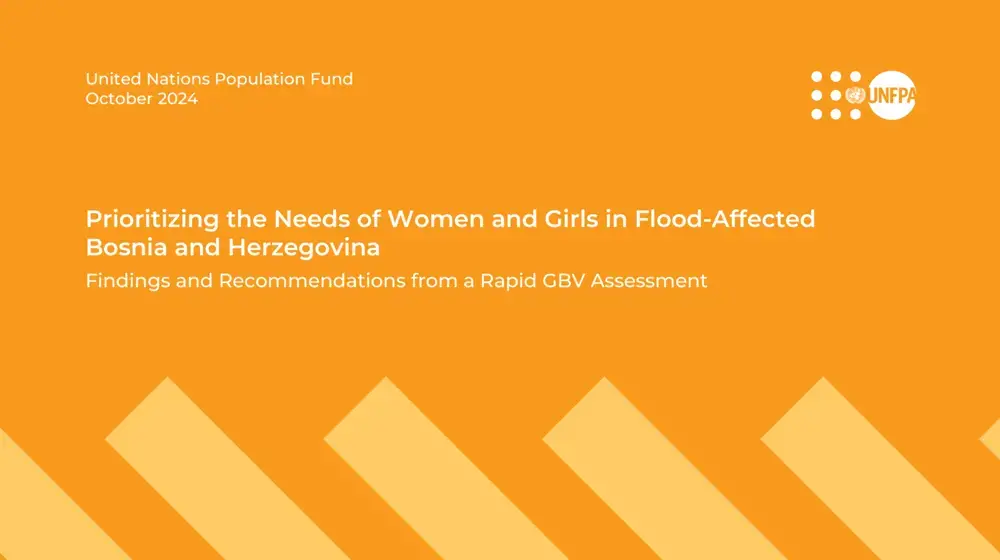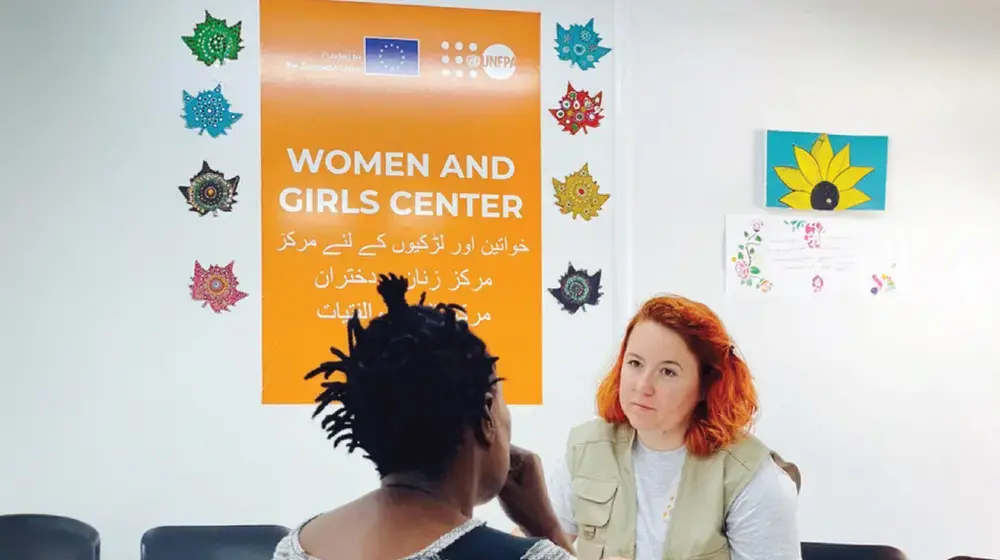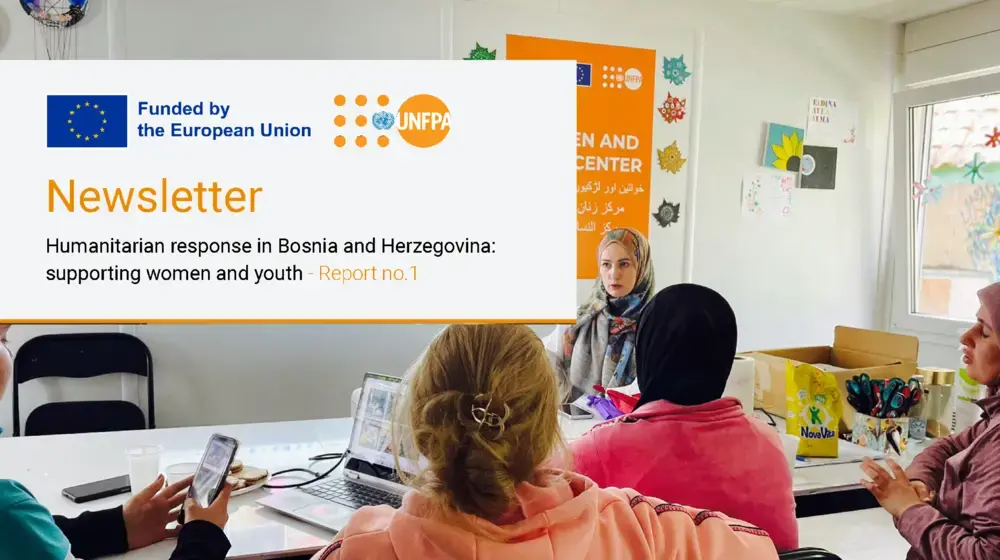SARAJEVO, Bosnia and Herzegovina – As a young man living in his home country in the Middle East, the future looked bright for Hamr*, a talented and well-known performer of pop music who was also working as a successful dance coach. But his dreams crumbled when his family and community found out he is gay.
“All of the problems and misfortunes that befell me arose as a result of my sexual orientation,” says Hamr, now 25 and living in Bosnia and Herzegovina.
Hamr’s family refused to accept him as he was, and his mother forced him into marriage with a woman, from whom he later separated. He also faced accusations of promoting immorality and the LGBTQI community through his songs and videos. Since being LGBTQI is considered a crime in his country, this left him at risk of prosecution. So Hamr decided he had to leave.
Setting off alone with only a single backpack’s worth of possessions, Hamr did not tell anyone why he had embarked on this uncertain migration journey. After enduring violations of his basic human rights in his home country due to his sexual orientation, he was fearful of encountering further prejudice and discrimination along the way.
“It was very difficult. Every step I took was painful. I wasn’t sure how other migrants would react if I told them my story,” Hamr recalls. “Fortunately, on the way to Bosnia and Herzegovina, I met a friend who accepted me as a human being and respects me as a person. That made this journey into the unknown easier.”
A welcoming home at the Boys and Young Men Centre
In Bosnia and Herzegovina, Hamr has found a safe and welcoming place to be himself at one of the three Boys and Young Men Centres run by UNFPA in the country, along with three parallel centres for women and girls. The Boys and Young Men Centres are located at temporary reception facilities for migrants and refugees. They provide informal life skills education to young male migrants and refugees like Hamr, including language lessons, peer support and thematic discussions on topics such as human rights, gender equality and gender-based violence.
“These UNFPA-supported centres are dedicated safe spaces where all refugee and migrant young men can enjoy inclusivity and understanding through acknowledgement of human rights and equality,” says UNFPA Representative John Kennedy Mosoti. “In our centres, each person is free to be unique and reveal their strengths and weaknesses, their desires and wishes, their fears and concerns. UNFPA staff are ready to listen and provide support to lift up young people, including LGBTQI youth often left behind.”
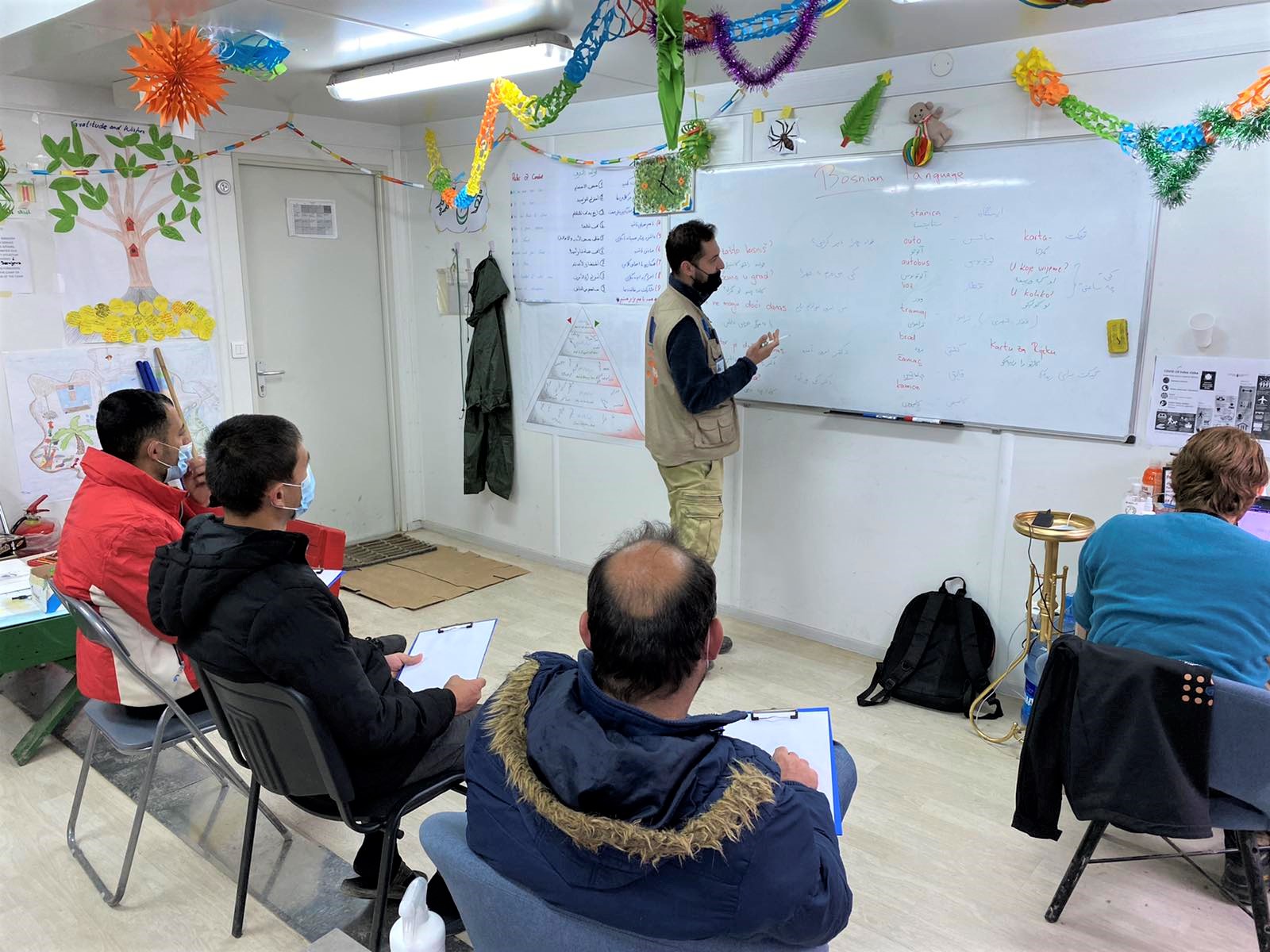
As of February 2021, a total of 9,358 adolescent boys and young men had had participated in life skills education at UNFPA’s three Boys and Young Men Centres in Bosnia and Herzegovina. The programme is part of UNFPA’s overall humanitarian response in the country, which is focused on preventing gender-based violence and ensuring the provision of sexual and reproductive health services. Approximately 70,000 refugees and migrants have been registered in Bosnia and Herzegovina over the past three years.
Connecting with others
From his temporary home at the Blažuj refugee camp, Hamr walks each morning to the local Boys and Young Men Centre, where his day starts with a cup of hot tea and an English lesson. Thanks to the activities at the centre, Hamr is making quick progress in learning both English and Bosnian and can use his new language skills on a daily basis.
“Language is very important. It connects us and opens a window to the world,” says Hamr.
Hamr also uses the universal language – music, his greatest love – to convey his emotions by singing and writing songs every day. He is known as an entertainer at the Blažuj camp and everyone enjoys spending time with him.
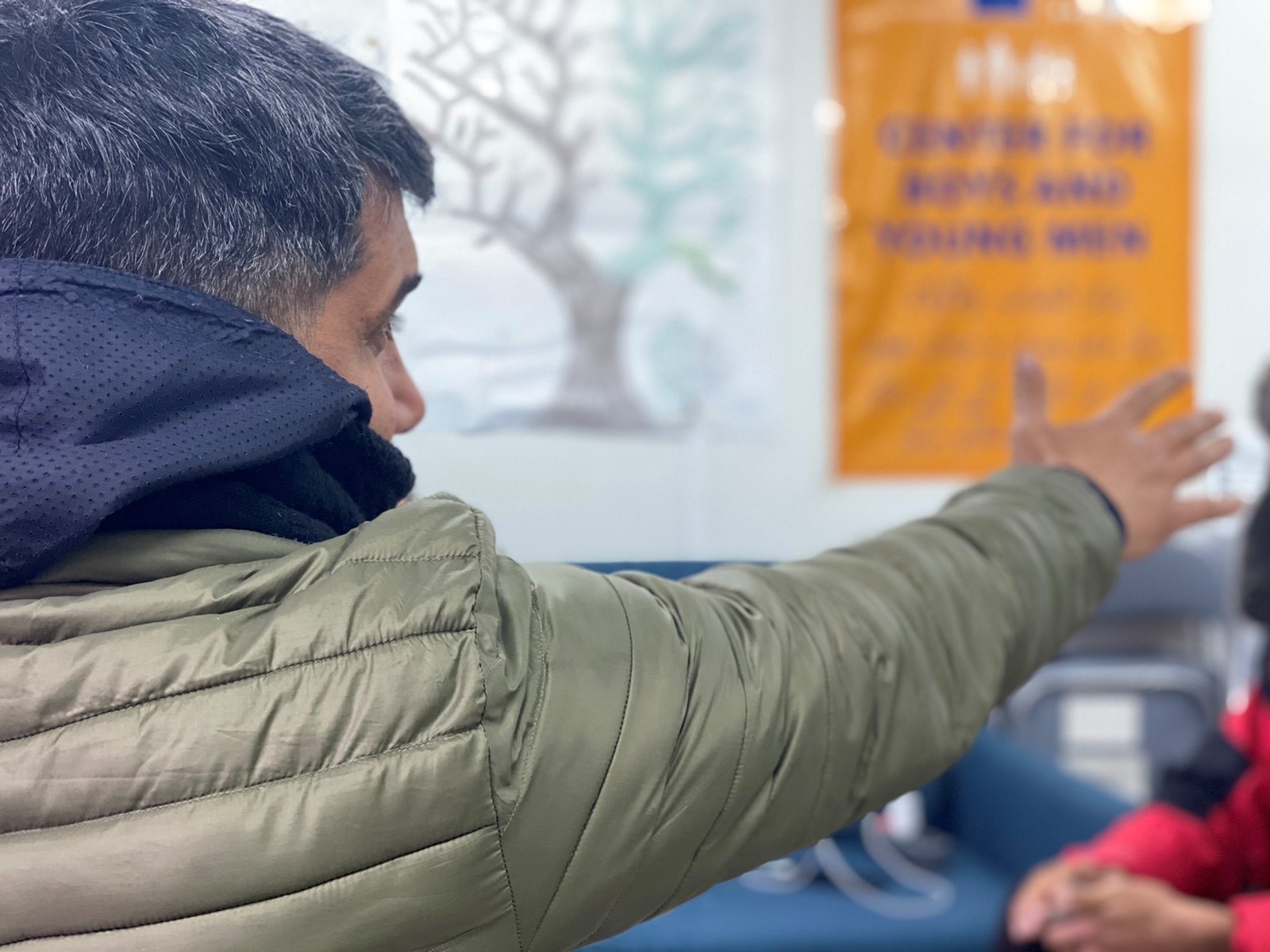
“Wherever I am, I sing. No matter how I feel, I sing. Whoever I am with, I sing,” Hamr says. “Song is my life and my most faithful traveling companion.”
“I’m happy that I have the opportunity to sing to the others at the centre and sometimes read my lyrics to them, if they don’t get bored!” he laughs. While talking about his time at the Boys and Young Men Centre, Hamr reaches into his pocket and pulls out a crumpled piece of paper. “It’s a song about love and hope,” he explains with a smile. “I keep it and one day I will sing it.”
‘Understanding and acceptance is the greatest gift’
The sense of safety provided by the Boys and Young Men Centre is very valuable to Hamr and other members of vulnerable groups. The kind of fear and shame that they have experienced in the past means many cases of violence against men and boys go unreported. This is especially true if they are part of the LGBTQI community in home countries where it is socially unacceptable or severely punishable by law to be gay or for men to have sex with men. Given the sensitivity of Hamr’s situation, case management workers ensured that he was provided with all necessary support in the temporary reception centre to reduce his risk of experiencing violence.
“I was allowed to sleep in the accommodation unit from day one with wonderful people who I now call friends, and use of a special separate bathroom, for which I am very grateful,” he recalls.
Hamr says he also appreciates the opportunity to talk openly about sensitive issues. “I feel free to share my opinion and learn from the views of other participants as well. We are all equal here,” he says. The goal of the group discussions at the Boys and Young Men Centre is to raise awareness among people on the move about human rights and the prevention of various forms of gender-based violence, which also affects members of the LGBTQI community and other vulnerable groups.
“Each white hair on my head represents one problem I faced. I had to cross so many obstacles and paths for someone to understand me,” Hamr says. “The Boys and Young Men Centre was the first place I received sincere understanding and support from others.”
“I came here tired and hopeless but everything changed after my very first conversation with the staff,” he adds. “Their understanding and acceptance is one of the greatest gifts I could receive.”
Hamr says his fellow participants at the centre are also an important source of support, even though they come from many different cultures and backgrounds. “I believe that we will be friends for life because we are all here with the same goal,” he says. “We all came here searching for ourselves, for our full potential that we could not develop in the countries we came from.”
* Name has been changed to protect privacy and identity.


